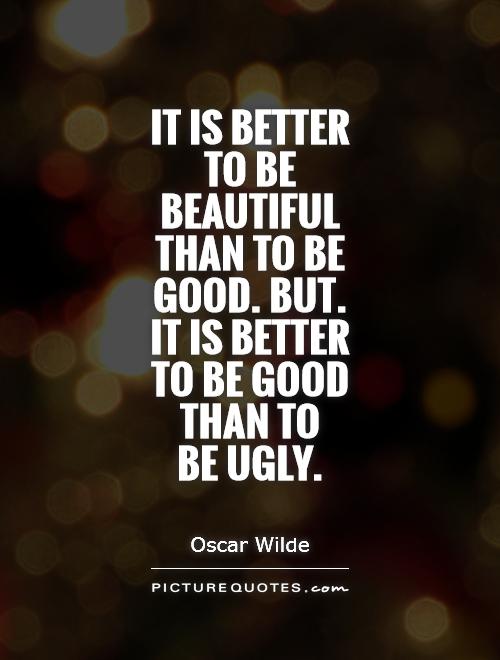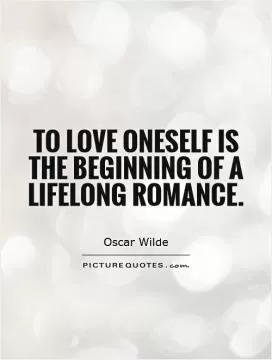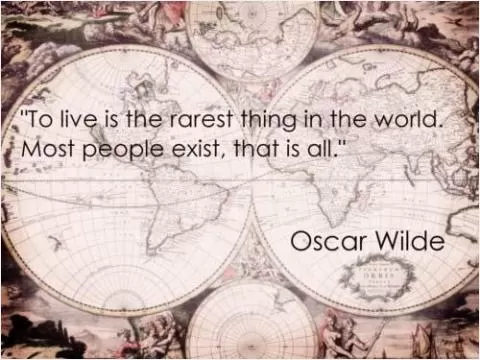It is better to be beautiful than to be good. But. it is better to be good than to be ugly

It is better to be beautiful than to be good. But. it is better to be good than to be ugly
Oscar Wilde, the renowned Irish playwright, poet, and author, was known for his wit, charm, and unconventional views on society and morality. One of his most famous quotes, "It is better to be beautiful than to be good. But it is better to be good than to be ugly," encapsulates his belief in the importance of aesthetics and morality in the human experience.Wilde was a firm believer in the power of beauty and aesthetics to elevate the human spirit and enrich our lives. He believed that beauty had the ability to inspire, uplift, and bring joy to those who experienced it. In his works, Wilde often celebrated the beauty of art, literature, and nature, and he believed that beauty was a reflection of the divine in the world.
However, Wilde also recognized the limitations of beauty and the importance of moral character. While he valued beauty, he understood that true goodness and integrity were essential qualities that defined a person's worth. In his novel, "The Picture of Dorian Gray," Wilde explores the consequences of prioritizing beauty over morality. The protagonist, Dorian Gray, becomes obsessed with his own beauty and youth, leading him down a path of moral decay and corruption.
Wilde's quote suggests that while beauty may be alluring and captivating, it is ultimately superficial and fleeting. True goodness, on the other hand, is enduring and has a lasting impact on the world. Wilde believed that it was better to be good than to be ugly because goodness is a reflection of one's inner character and values, while ugliness represents a lack of virtue and integrity.












 Friendship Quotes
Friendship Quotes Love Quotes
Love Quotes Life Quotes
Life Quotes Funny Quotes
Funny Quotes Motivational Quotes
Motivational Quotes Inspirational Quotes
Inspirational Quotes